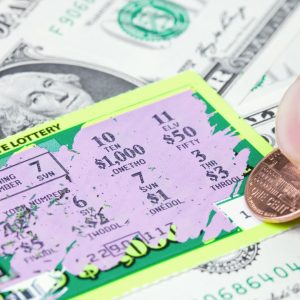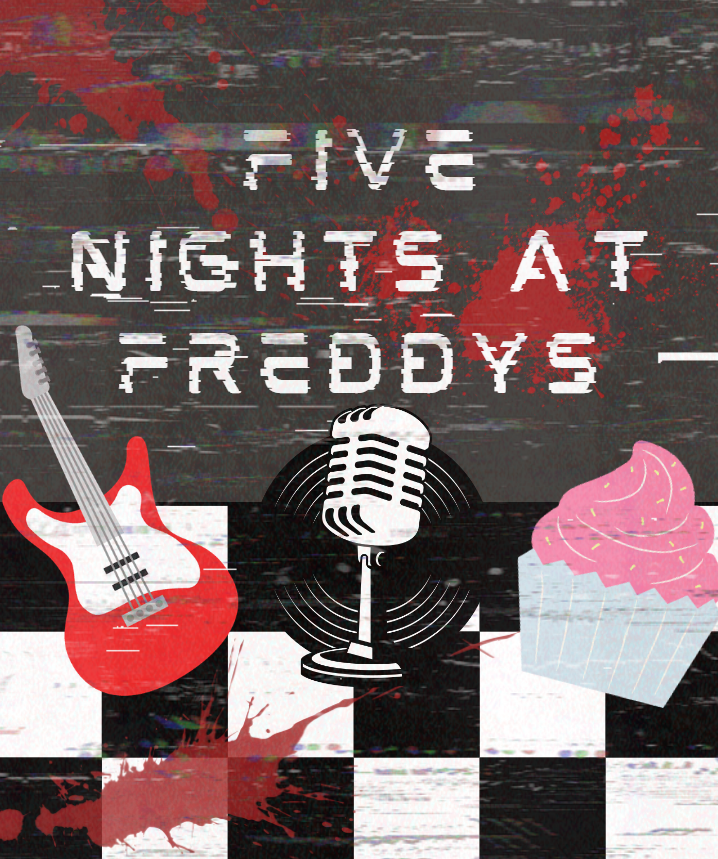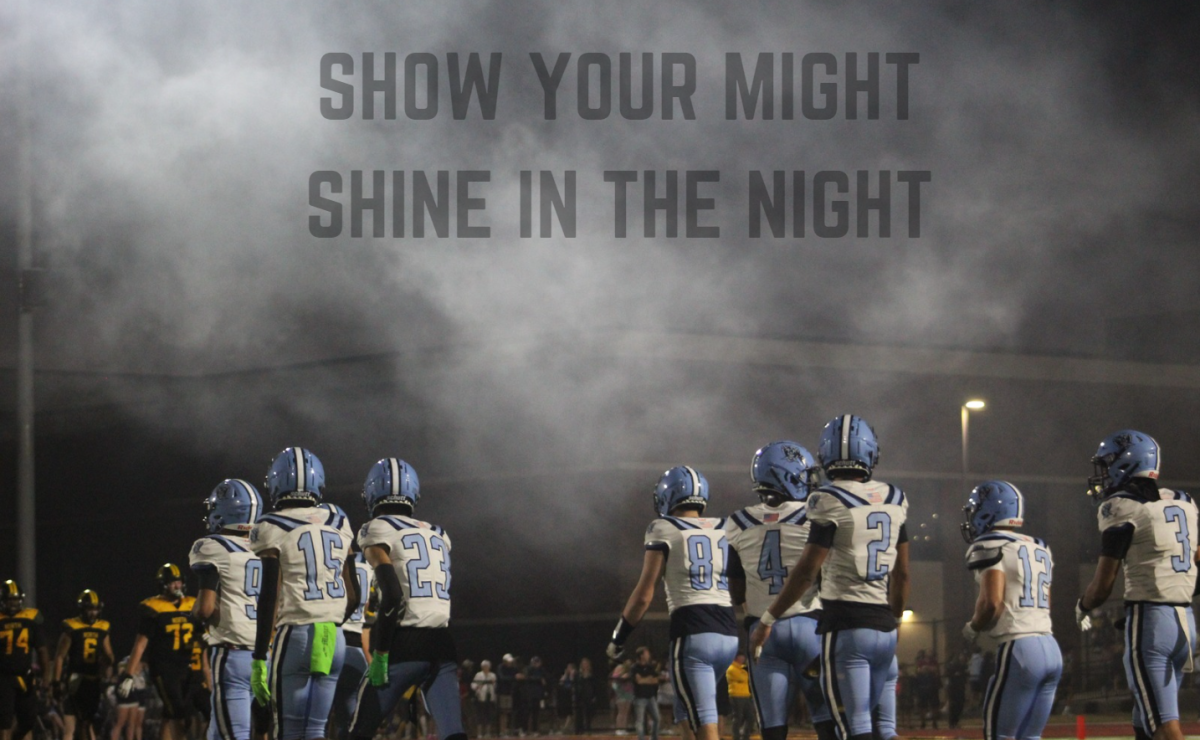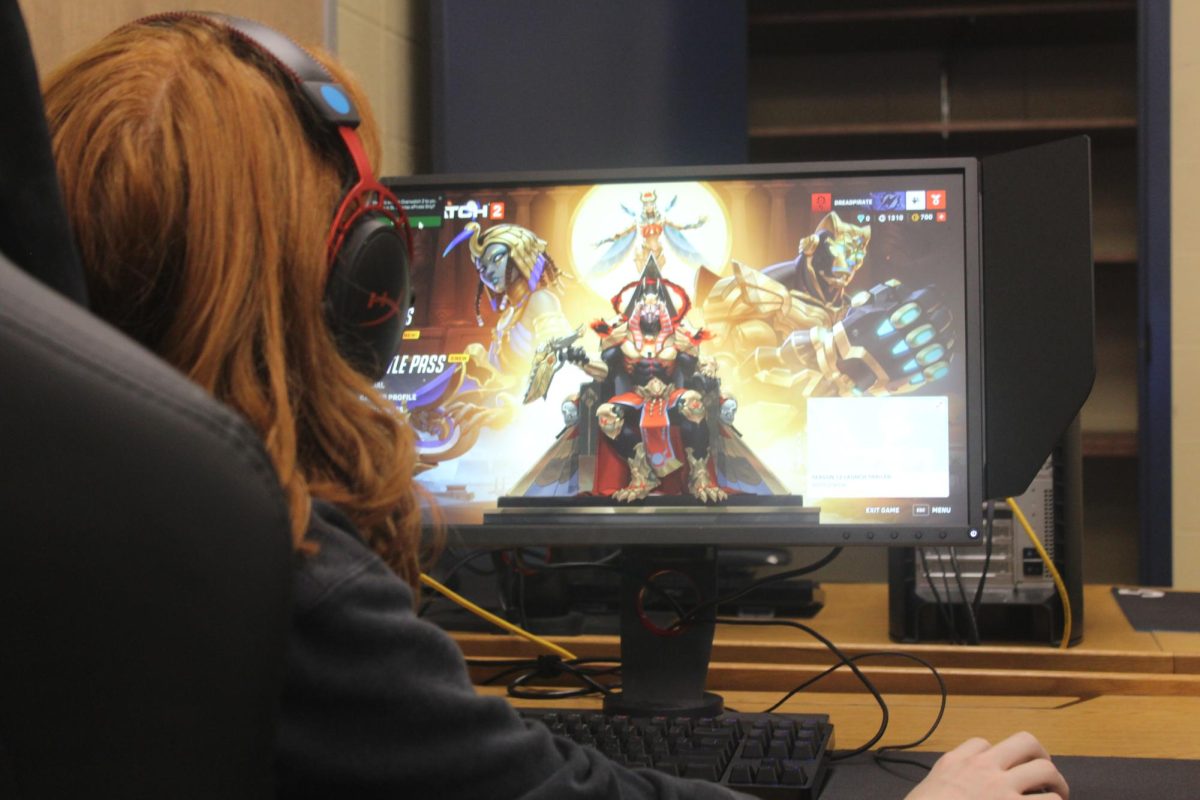There is a common association between gambling and casinos or race tracks. However, gambling comes in many shapes and forms. With the rise of Internet access, online gambling has become increasingly popular. My generation, those born between 1997 and 2012, and younger have grown up with tablets and phones, where we have access to these websites and apps. As teens grow up, they also experience new stress factors. Oftentimes it is difficult to find a constructive outlet for the strong emotions that accompany stress, and gambling has snuck its way into being an easy outlet. Gambling in teens is not an often-discussed issue. Underage gambling is a huge, recurring issue across the globe.
Just as underage drinking is illegal, underage gambling is also illegal. Every human has a part of the brain called the prefrontal cortex, which is responsible for making decisions. The science behind decision making in teens, and why they can be so impulsive, is explained by the AACAP (The American Academy of Child and Adolescent Psychiatry) as teenage choices being controlled by the amygdala. This part of the brain controls immediate reactions, like fight or flight in life or death situations. The amygdala is fully developed long before the frontal cortex finishes developing. Therefore, teens’ actions tend to be more impulsive than well thought out because their brains are not yet capable of seeing the possible consequences. In addition to impulsive decision making, the AACAP says teens also suffer from increased numbers of fights, accidents, inappropriate behaviors, and other risky behavior. This impulsivity puts adolescents at risk for developing gambling addictions.
Gambling is just as popular with adolescents as adults – in fact, more so. According to Algamus Recovery Services, people under the age of 21 are two to four times more likely than adults to develop gambling issues. APA (American Psychological Association) studies show that gambling tendencies begin presenting themselves at a young age, largely due to early exposure. One common exposure is when a child sees a parent take part in gambling. Adolescents can see their parents seemingly having fun with this activity, and mimic their behavior. However, exposure is not the only reason underage people begin gambling; stress can also be a contributing factor. The National Institute of Mental Health states teenage brains are still developing, and therefore respond to stress differently than full functioning adults. Because of this, they are more susceptible to mental health disorders and ineffective coping mechanisms. There is a common link connecting mental health issues and gambling, according to Algamus Recovery Services. Since adolescents cannot properly handle mental distress, gambling can be an enticing cure. The last most common introduction to underage gambling is through societal pressure. Teenagers, especially those in high school, go through a long period of self exploration. They put in effort to fit in with their peers. So, if the new way of doing so is through gambling, they are more likely to join in. With the many digital options, there are numerous ways adolescents can begin to partake in underage gambling, and it is important to recognize the patterns they follow.
Gambling is also marketed towards youth. From a young age children can say they have experienced some form of gambling. A common example of underage gambling, that is often regarded as a fun, normal game, are claw machines. The idea of getting a ‘chance to win’ a stuffed animal – or even a new iPad – entices children to play more often through failures. I remember a family vacation where the hotel had a small arcade in the lobby. I saw a kangaroo Beanie Baby at the bottom of the claw machine and knew I needed it. I spent my money, over and over again trying to get the prize. By the time I had blown through $20, I knew I had spent more than the toy was even worth, but I could not stop. I already made it that far, I was sure to get it soon. I was 12.
Although it did not involve a casino or a race track, the claw machine was still a form of underage gambling. Gambling has increasingly been marketed towards younger people because they are more susceptible to the allure. In recent years it has become a major issue in online video games. According to the APA, items such as loot boxes are being introduced into gameplay. Players will pay real money to open a box that may contain a new skin or enhancement weapons, but the reward is not guaranteed. In this study, the APA surveyed 1,102 adults in the UK, 80 percent of which stated they had purchased loot boxes before the age of 18. Of those adults, 220 also stated that loot boxes were their first exposure to gambling. In a similar study by the International Journal of Environmental Research and Public Health, they found children who had taken part in simulated gambling games were at a higher risk for developing gambling problems later in life. With the inclusion of gambling in games meant for children, it is becoming increasingly difficult to protect adolescents from it.
Another rising issue has been childrens’ access to betting on sports. According to Lia Nower’s research at the Center for Gambling Studies, she has discovered a correlation between sports gambling and an increased risk for mental health issues that are higher than any other gambling style. While this is true for anyone, regardless of age, it is an important statistic for young adolescents. Children often look up to their favorite sports heroes, so when they see ads with these heroes promoting gambling, they are more likely to do so. All of these gambling schemes marketed towards children make them more at risk to take part in underage gambling.
Just like gambling as an adult, gambling underage comes with consequences. However, many adolescents are blind to the repercussions of their actions. The National Library of Medicine found that very few teenagers consider themselves gamblers. Many teens also stated there should be no age limit on the lottery. If teenagers cannot recognize the harm in what they are doing, they will be unable to recognize the consequences. Adolescence is a critical time in life for development. Things are constantly changing: family dynamics, classes, friends, and grades, all of which can be affected by an underage gambling disorder. Loved ones start to lose trust, grades can begin to suffer, and dangerous risks may be taken to obtain money. There are a plethora of risks that come with underage gambling, and they are not all easily detected.

Very rarely do adolescents develop a gambling issue overnight; there are usually signs leading up to it. According to Canadian Child Protective Services common symptoms include, physical changes, emotional struggles, problems at school, relationship issues, missing money or possessions, and in some cases substance abuse. As a result, there is a large mental toll on the person affected.
Despite these hardships, it is possible to get help. It is important to teach young children what gambling is, and the risks that can be attributed to it. Monitoring gaming habits and what children have access to online is an early form of prevention. As stated before, children follow what their parents do, so it is important to lead by example and avoid gambling. Finally, for those already experiencing gambling addiction, it is important to seek professional help. There are psychologists who specialize in cases like these and can help. Overall, it is important to educate the youth about underage gambling and to recognize signs of it, so intervention can occur before it gets worse.
Underage gambling is an increasing issue across the globe that needs to be addressed. Children’s brains are not yet developed enough to make good decisions based solely on their intuition. The job of society is to properly educate people of the risks behind gambling, including the common exposure and beginnings of underage gambling, how everyday activities can be marketing gambling towards adolescents, the negative effects it can have on a person, and most importantly, how to help someone who is taking part in underage gambling. If underage gambling is not stopped with education, this problem will only continue to get worse.
This was written in conjunction with the Missouri Gaming Association’s Project 21 Scholarship.















